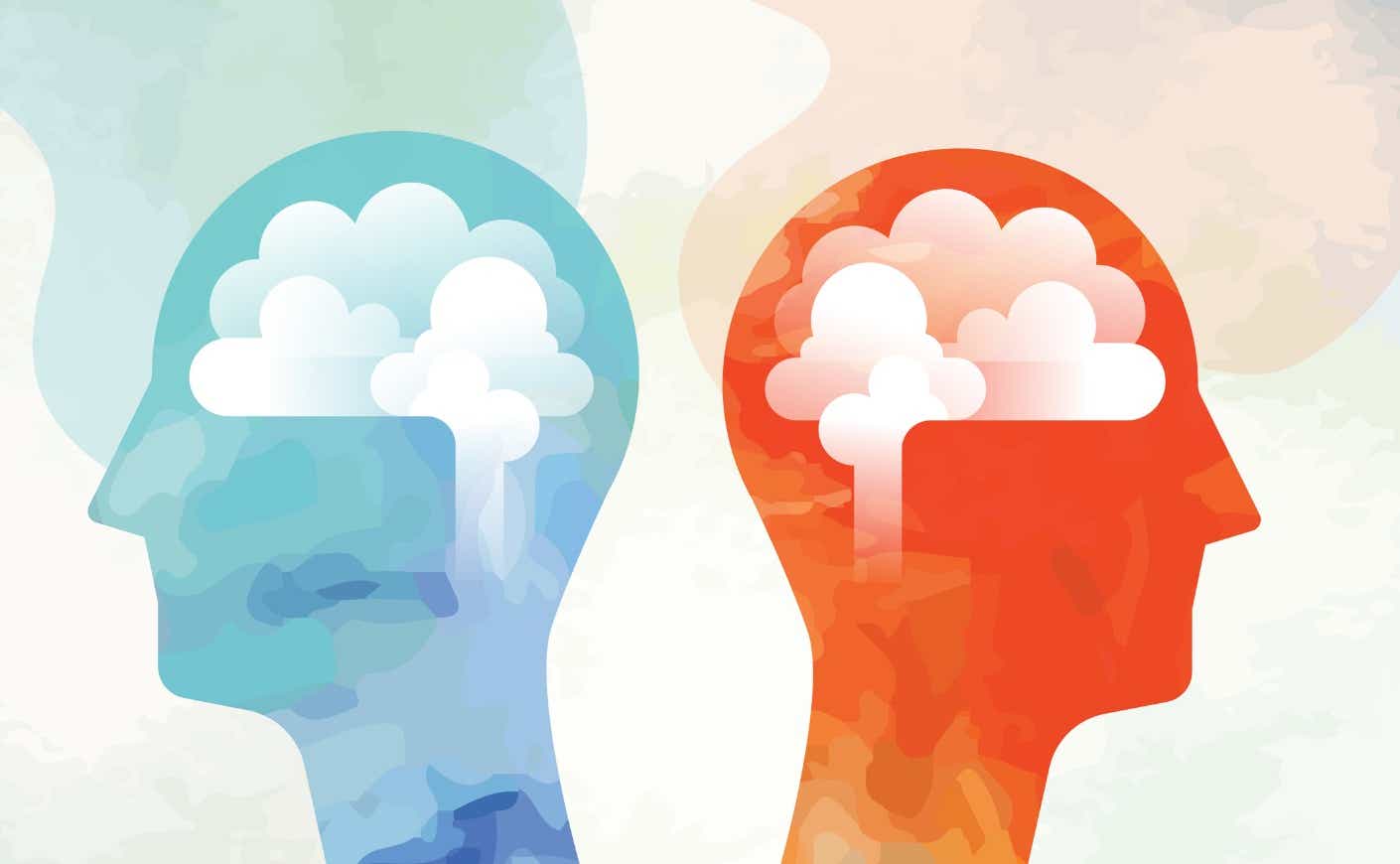It’s not uncommon for people to experience some form of cognitive decline as they age, from routine memory lapses to difficulty concentrating on everyday tasks like making dinner. But as symptoms add up, it might be worth looking into whether or not dementia or Alzheimer's disease might have something to do with it.
While the terms are often used interchangeably, they are not the same thing — and understanding their differences can be critical to getting the right diagnosis, according to Mayo Clinic neurologist Vijay Ramanan, MD, Ph.D.
“Being precise with terminology helps us to be precise with diagnosis, and therefore with management,” Dr. Ramanan tells KCM. “Being aware that Alzheimer’s disease is a specific brain disorder that can cause dementia opens the door to thinking about specific tests that can establish that diagnosis — or identify an alternative — as well as specific interventions.”
So what’s the difference between the two conditions? The short version is dementia is an umbrella term for a group of brain disorders of which Alzheimer's is one. As Dr. Ramanan points out, it’s also important to remember that all of those brain diseases can cause various symptoms, ranging from difficulty in using common household appliances to trouble with various forms of movement, like difficulty walking.
Here’s what you need to know about the two conditions to empower yourself or a loved one.
So what's the difference between dementia and Alzheimer's?
Dementia isn’t a specific disease, but rather a general term used to describe the loss of cognitive functioning — like thinking, remembering, and reasoning — to such an extent that it interferes with daily life. There are also all kinds of different types of dementia — for instance, Lewy body dementia is associated with abnormal deposits of a protein called alpha-synuclein in the brain, which causes changes to thinking, movement, behavior, and mood.
Put simply, Alzheimer’s is a type of dementia.
Alzheimer’s is in this group of brain disorders and accounts for roughly 60 to 80 percent of all dementia cases, so it’s probably no surprise that they share some of the same symptoms, such as increased memory loss. They can even lead to personality and behavioral changes, where a person may not seem like their usual self or become more disoriented, confused, or depressed.
There are a few more nuances, though. According to Mayo Clinic, common symptoms of dementia can also include difficulty with visual perception, such as getting lost while walking around in a familiar neighborhood or experiencing hallucinations. It could also manifest in other ways, such as repeating questions regularly or taking longer than usual to finish common tasks like making a grocery list.
Alzheimer’s, on the other hand, is a specific brain disease that gradually gets worse over time. At first, it affects the part of the brain that’s associated with learning — the hippocampus — so symptoms could start with changes in memory. Then as time goes by, it affects the cerebral cortex that’s responsible for language, reasoning, and social behavior. So this might start as regularly misplacing everyday items like their keys, and then in advanced stages, it could look like difficulty with speaking, swallowing, or walking.
How is Alzheimer’s treated differently than dementia?
Not only do they display many of the same symptoms, but Alzheimer’s and dementia also share some of the same treatments. These include medications that can help support cognitive function, such as cholinesterase inhibitors or memantine, both of which have been approved by the Food and Drug Administration.
With proper treatment, some forms of dementia are reversible — such as in cases where there’s a tumor or some sort of vitamin deficiency, though these cases aren’t as common. “In theory, you could have dementia due to a vitamin B-12 deficiency or hypothyroidism, and so we always check blood work to make sure neither of those are the cause,” he says.
There are also some non-medicated treatments, Dr. Ramanan recommends that people with dementia stay active — physically, socially, and cognitively. This means getting a full night's rest and eating a healthy and balanced diet.
What’s the outlook for dementia and Alzheimer's?
In most cases of dementia, including Alzheimer's disease, there’s no cure. But there are ways to manage your symptoms, whether through medications that can help slow the progression of the disease or lifestyle changes, such as eating healthier.
Unfortunately, both of these diagnoses have a dramatic impact on someone’s life expectancy. Depending on the condition’s progression, a person can live anywhere from eight to 10 years.
Starting treatment promptly can help you better understand and manage your symptoms. That’s why Dr. Ramanan says it’s a good idea to talk with a doctor if you’re concerned that you might have symptoms of dementia.
“If Alzheimer’s or a related disease is present, an early and accurate diagnosis can help to maximize available treatments and obtain appropriate support and resources including for family members,” he says.









